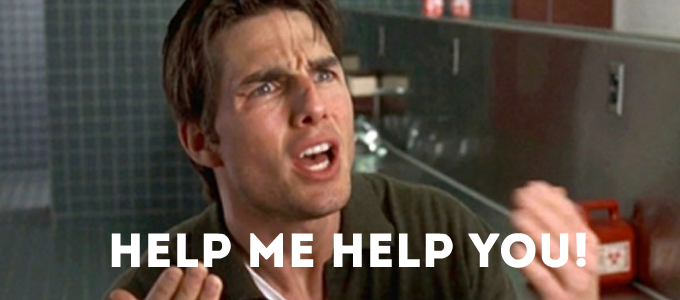“Because I Said So” Management is Weak Leadership
I put a lot of thought into my decisions. I hope you do as well. I want to make sure if someone, seeking to understand, inquires as to my decision-making process, I can point to how I got there.
I care about people and how my actions may affect them. I truly care. This is not a weakness. I don’t care too much. In my opinion, you can’t care too much. You can certainly care too little – but not too much.
In the same token, if I make a suggestion, it’s simply that – a suggestion. Getting emotionally attached to your big idea clouds the process. Is it really a great idea, or do you feel that way because you came up with it, and you are not open to the input of others?
While I put considerable thought into my decisions, they are very rarely absolute. My work is in a state of continuous improvement. Who doesn’t want to be better? Sign me up! I’m constantly reading, listening to podcasts, and seeking feedback to be a better leader, professional, boss, friend, and mother. I want to make good decisions and do the right thing.
My litmus test: What’s my reason? Why do I care about this particular request or guideline? If the possibility of “because I said so” would even begin to enter my brain, that tells me that I am making a decision to make my life or job easier, and not for others. I’m sorry to be the one to tell you this, but that’s weak. Being a leader isn’t about making our jobs easier. Leadership is selfless. Leadership is finding creative ways to say yes instead of always saying no.
I once had a person on my team who was dedicated, passionate about her work, and also happened to have a life outside of work. Telling people to leave their personal life at home is ridiculous and quite frankly impossible, and I’m proud of us as leaders that we are realizing that. People have stuff. Giving them a hard time about their stuff doesn’t make it any easier and certainly doesn’t allow them to focus on their work. This rockstar on my team had stuff, and you know what? I let her go handle her stuff and still do her job. I certainly could have told her that her personal stuff had nothing to do with her job and made a “because I said so, and I’m your boss” decision. No one wins in that scenario. She appreciated being treated like a human – with compassion. She worked hard and was loyal and cared about doing a good job. My hope is that if she is put in that situation in the future with someone on her team, she remembers to offer compassion instead of judgment or criticism.
Check your ego. Do the right thing. Be kind to one another.








